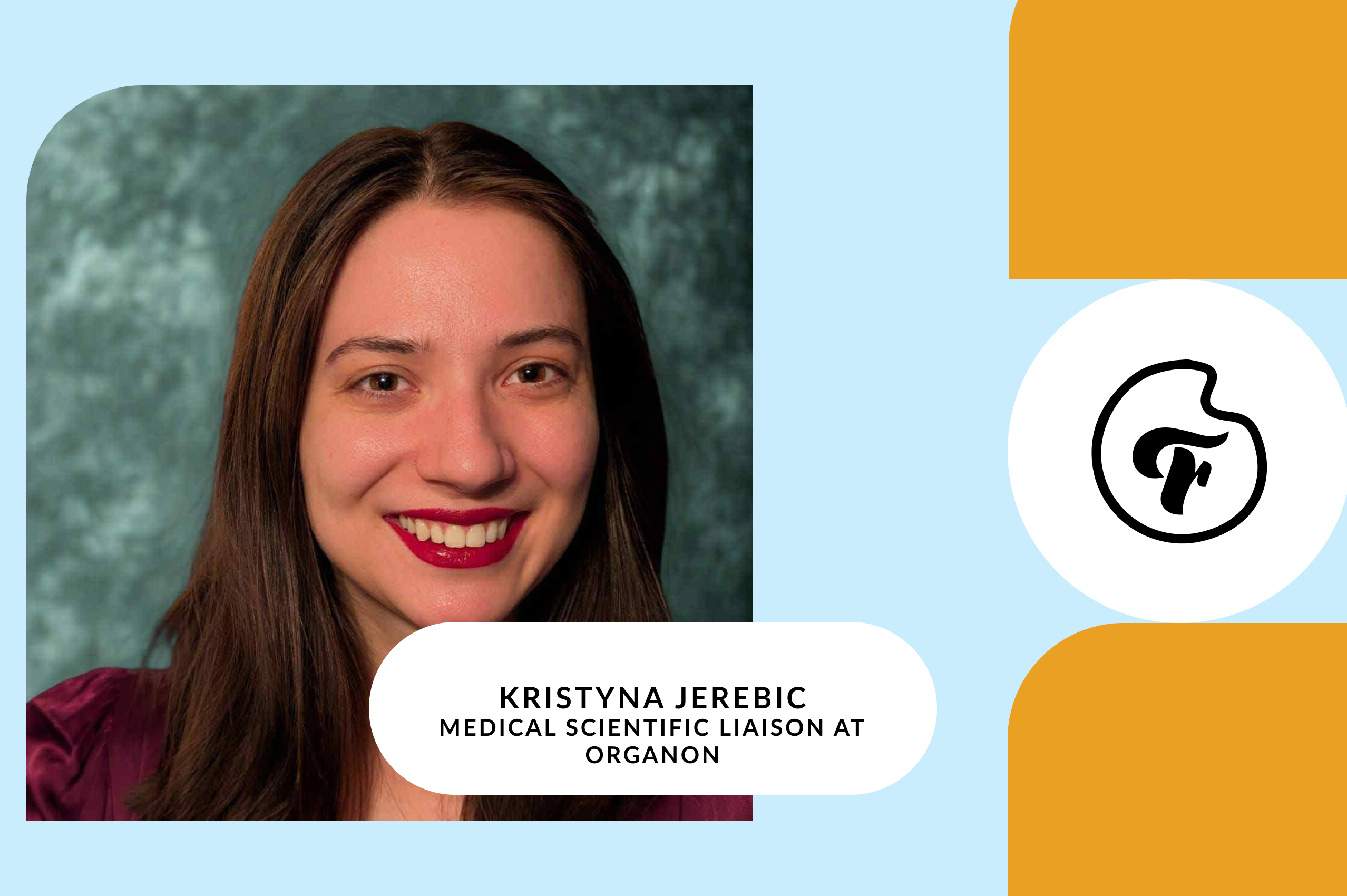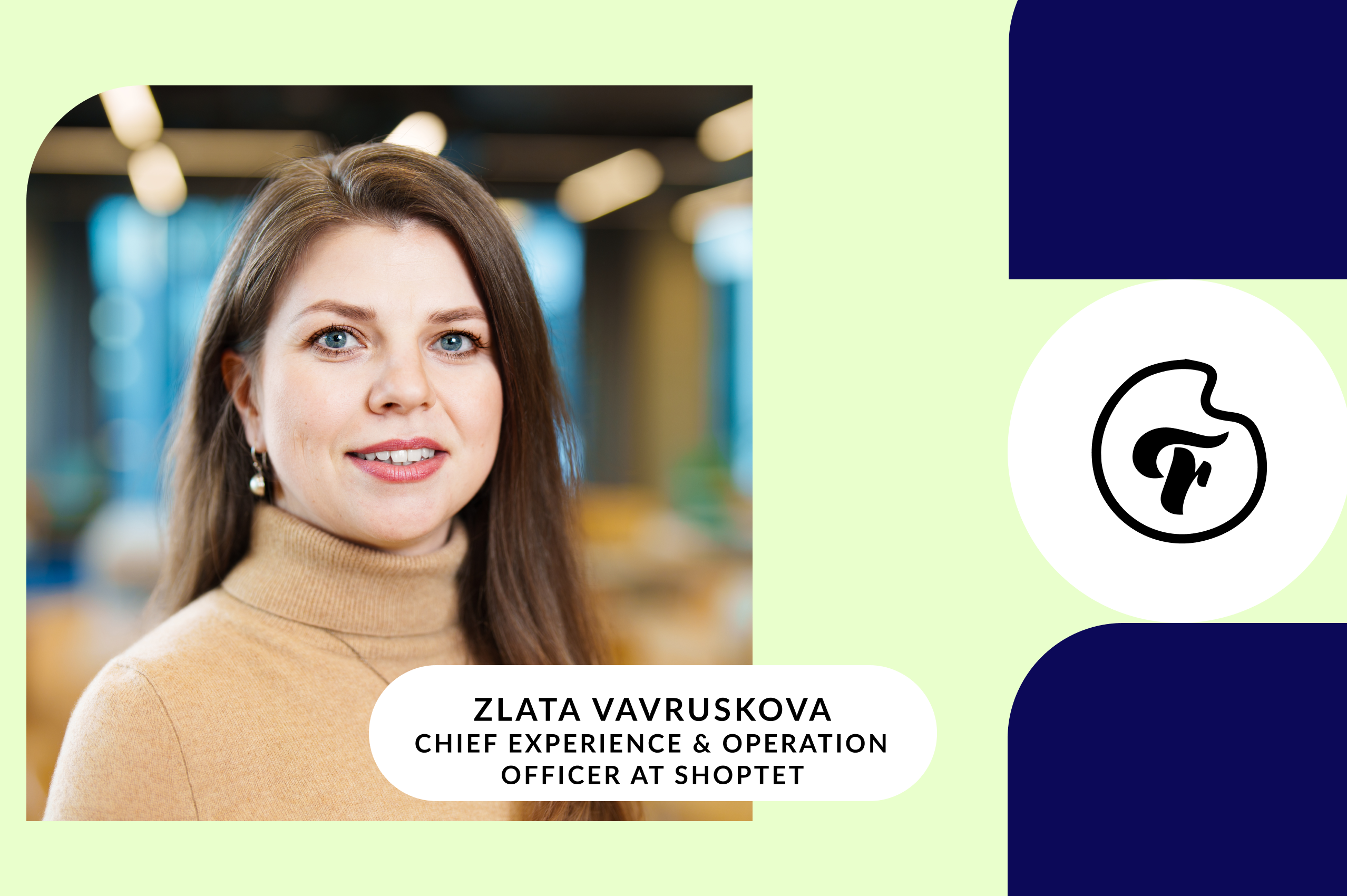
Doctor Zuzana Střížová’s work is proof that women are just as accomplished and successful in the fields of science and medicine as men. As a clinical immunologist and researcher, she has many accomplishments to be proud of. In this interview, we talk about how stress and a busy schedule can have physical repercussions, the challenges women face in the medical field, what she takes the most pride in, and much more. Come meet an inspirational female figure in medicine and research, and recipient of the L’Oréal-UNESCO For Women in Science award!
Photo credit: Lenka Seničová
Please begin by telling us a bit about yourself and what you do.
I am a clinical immunologist and a researcher at the Department of Immunology, Second Faculty of Medicine, Charles University and University Hospital Motol. As a doctor and a scientist, I am dedicated to treating diverse patients struggling with immune disorders and also conducting independent scientific investigations in the immunological laboratory. The primary interest of my research is to understand the immune cell signatures in the tumor microenvironment. I have been using a wide variety of experimental procedures to isolate and analyze immune cells from human tissues, and especially from cancers, to clarify the precise biological functions of immune cells infiltrating the tumors. I have undergone various scientific trainings and internships (Arizona, USA; Utrecht, Netherlands; Leuven, Belgium; Glasgow, Scotland) and I have co-organized and chaired several scientific meetings. The most thrilling part of my job is sharing my research at international scientific conferences which allows me to gather with researchers from other medical fields and create novel projects, as well as identify new research goals.
What led you to work in the medical field? Have you always known that this was the path you wanted to take?
I have always had multiple interests which were very diverse. And so, there were many things that I would have liked to pursue professionally. Too many actually. As a child I was dreaming of becoming a vet. Then after high school, I was seriously considering a legal career path. I’ve seen what the legal world entails first hand as both my mom and sister are attorneys at law. Since I was into history, philosophy and ethics, it made sense. Plus, I wanted to work with people to help them solve their problems. I applied to both law and med school and by chance have messed up the admission test to law school. When I passed the med school entry exams, I enrolled with the Medical School at Charles University. At that time, I considered med school a back-up plan. Quite amusing when I look back now. Of course, I was hooked after the first class of human anatomy.
Your work spans both medical practice and research. Do you manage to maintain a work-life balance with such a busy schedule?
This is actually really hard and I must always keep full awareness of the potential health risks that are associated with this busy lifestyle. I’ve already experienced several health problems that were clearly related to work overload and stress. I’ve been experiencing hearing loss from time to time for the past several years and sometimes, this was also accompanied by an episode of extreme vertigo and vomiting. Since I have undergone all the necessary medical examinations and no apparent somatic explanation was found, it became obvious that all the symptoms were a result of an extremely busy lifestyle. I used to have three jobs at a time and basically did not rest at all. This had to stop the moment I realized that I cannot be helping anyone if I myself am having health problems. So I learned how to rest and now I have a strict rule of not working one whole day a week and each day I must have at least one hour of activities that are making me smile. I either train my dog, paint, or sing. I would definitely recommend that to everyone.
According to a 2020 poll run by Mladí lékaři, women still face bias in the medical field. During the course of your career, have you ever felt that you were treated differently as a woman
I must say that my current workplace is very fair when it comes to setting the same opportunities for men and women. We are also one of the very few Departments in our hospital with women in the leading positions. However, after finishing med school, I went to a couple of job interviews and was pretty shocked that one of the first questions in most of these interviews was whether I am married and plan on having kids soon. One interview even ended with the head of the Department telling me that I need to choose between my career and my family. This clearly shows how some people are prejudiced against women and keep on thinking that women with children are automatically non-productive, non-present, incapable and there is no point in investing your (company) time into them.
What do you see as the biggest challenges facing women in medicine and research?
Generally, in Eastern Europe, the fundamental problem is inadequate salary in state-owned/university hospitals. During the initial years as a doctor, your pay does not suffice to cover the expenses of a single income household. Since you are not rewarded financially enough to sustain a decent standard of living, most med school graduates either leave abroad or go directly into the private sector. Doctors who decide to stay in the state-owned/university hospitals then quite often suffer from work overload and most medical fields require also working night shifts. For women with children, the high frequency of night shifts in these critically understaffed hospitals may be the biggest challenge. I think that finding the balance between working & raising kids can be quite a struggle and mentor support could really help women to be both, excellent doctors and great mothers. However, there is definitely a need of men support as well. We need to promote relationships based on mutual respect and ability to equally share household responsibilities and finances. Unfortunately, in the Czech Republic, girls and boys are still raised by extremely rigid dogmas of how the household choirs are the womens’ responsibility, while taking care of finances and decision making is not. There’s no easy way of shifting this mindset in a different direction apart from educating young people and literally leading by example.
Which of your accomplishments are you most proud of?
I’ve learned to be proud of everything that I have ever taught my students, colleagues, and friends. I find it crucial to share both the successful projects as well as failed outcomes of my research. I especially love to lecture young people whom I feel I can influence the most. So may it be a day in the lab with my international PhD students or a guest lecture at a local high school, I like to share my own perspective on things. I find that when you share your personal motivations, people can relate better and are instantly excited about the topic. My secret agenda is to encourage more young women into doing science.
Do you have a favorite quote or piece of advice which has inspired you in your career?
There are many quotes that kept me going in the hard times and made me realize that I should not fear losing things that are meant to be lost. I used to judge people/issues that I didn’t understand and every single time, my dullness eventually slapped me in the face and woke me up to the things I wasn’t paying attention to. If I was to go with one quote, I would say “Being happy is a very personal thing and it really has nothing to do with anyone else.”


